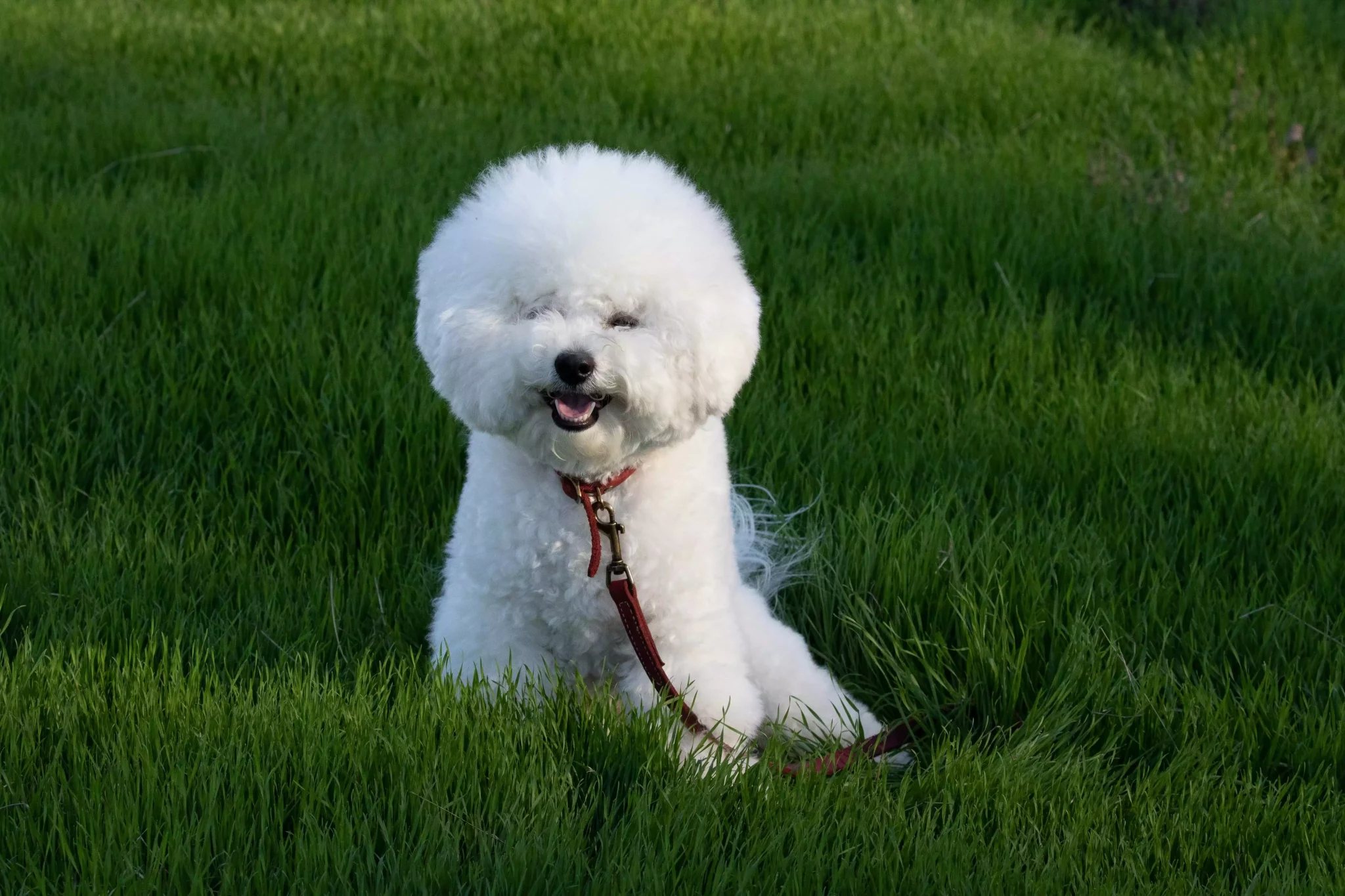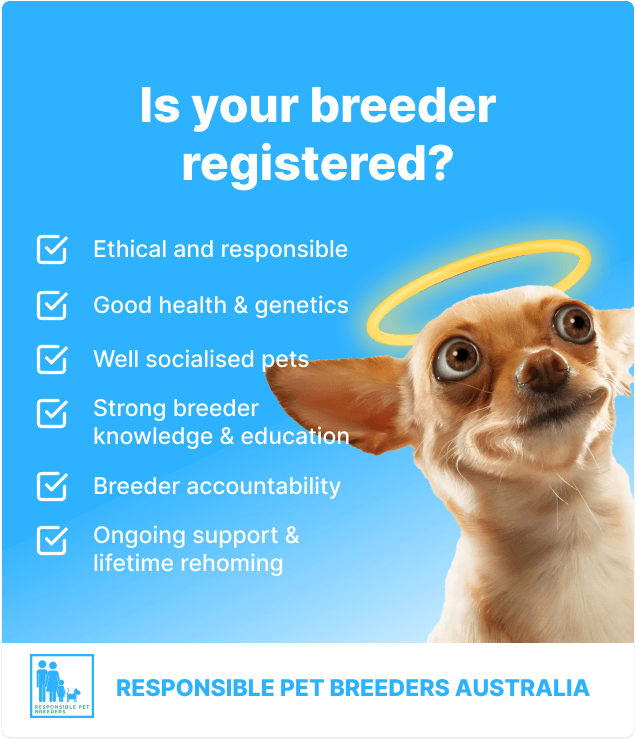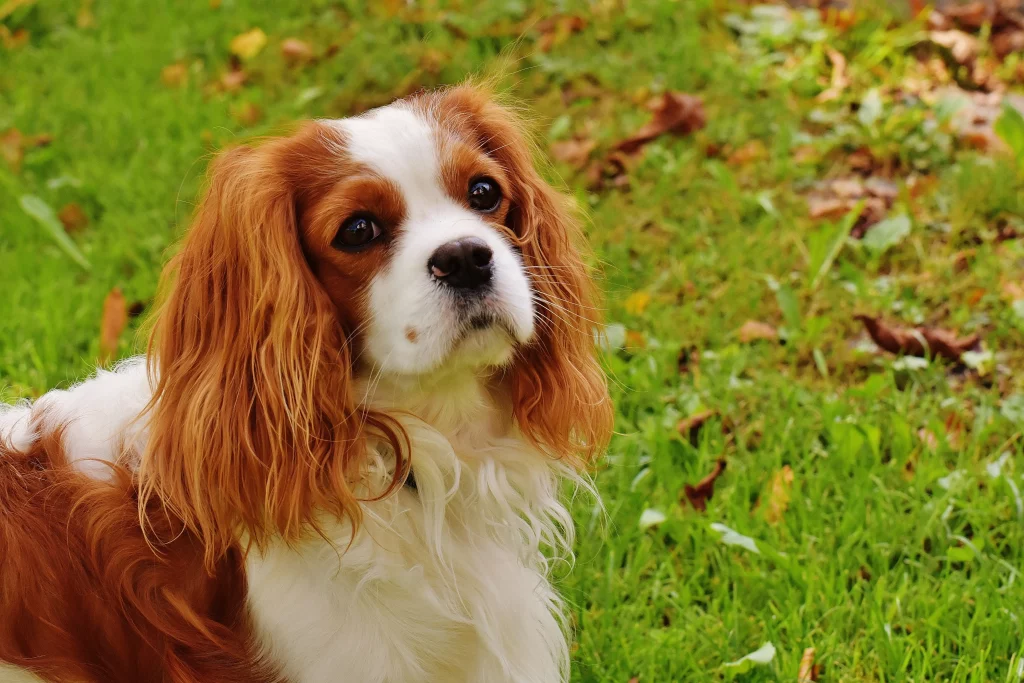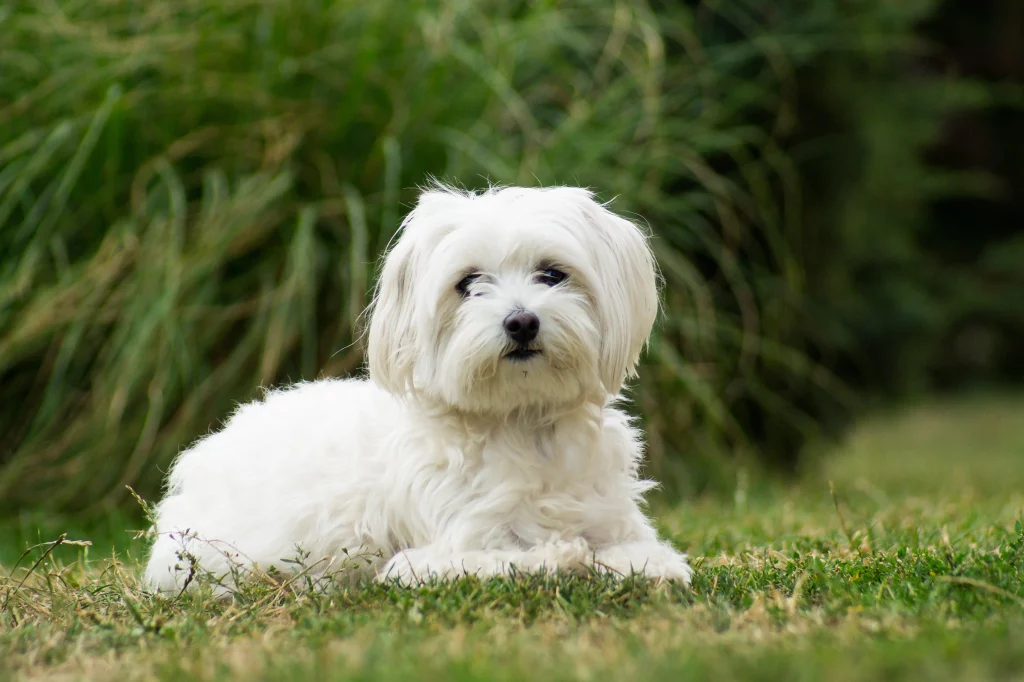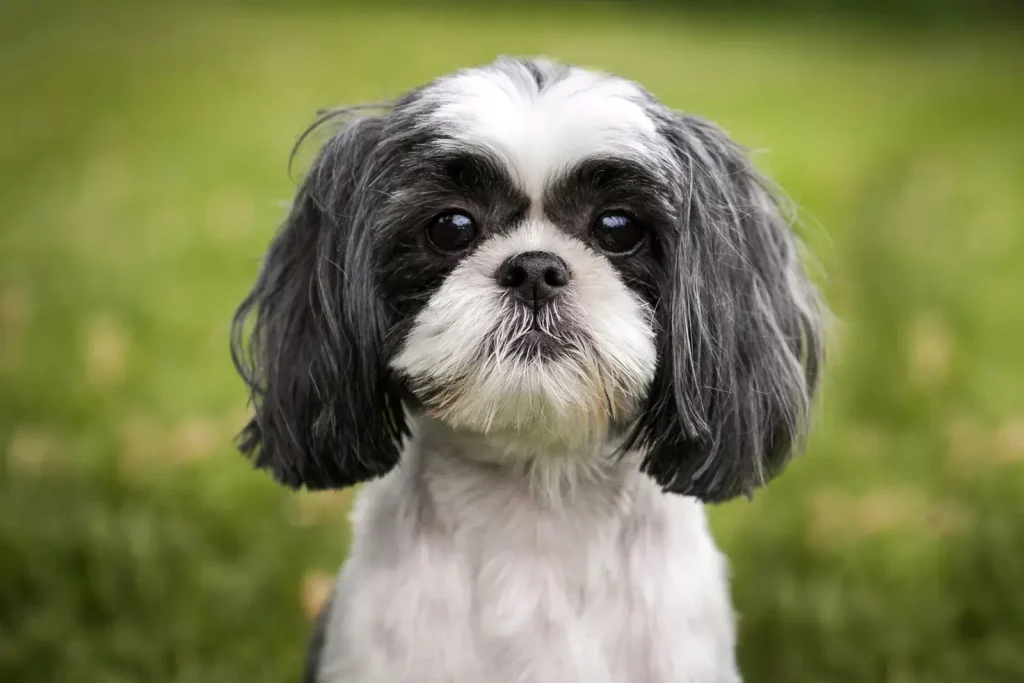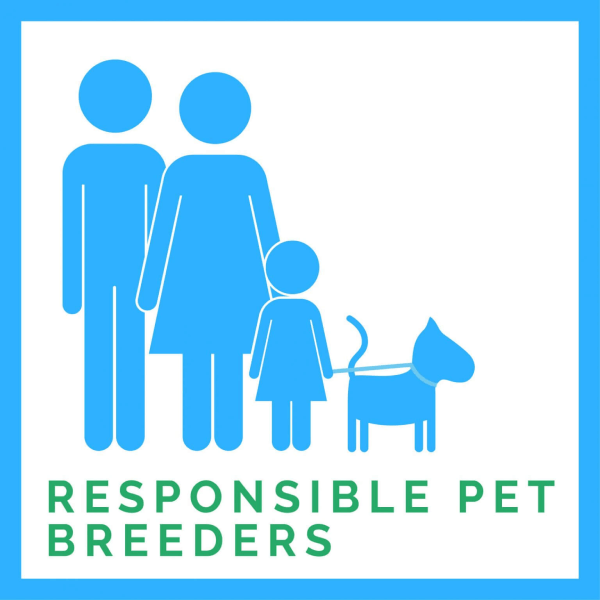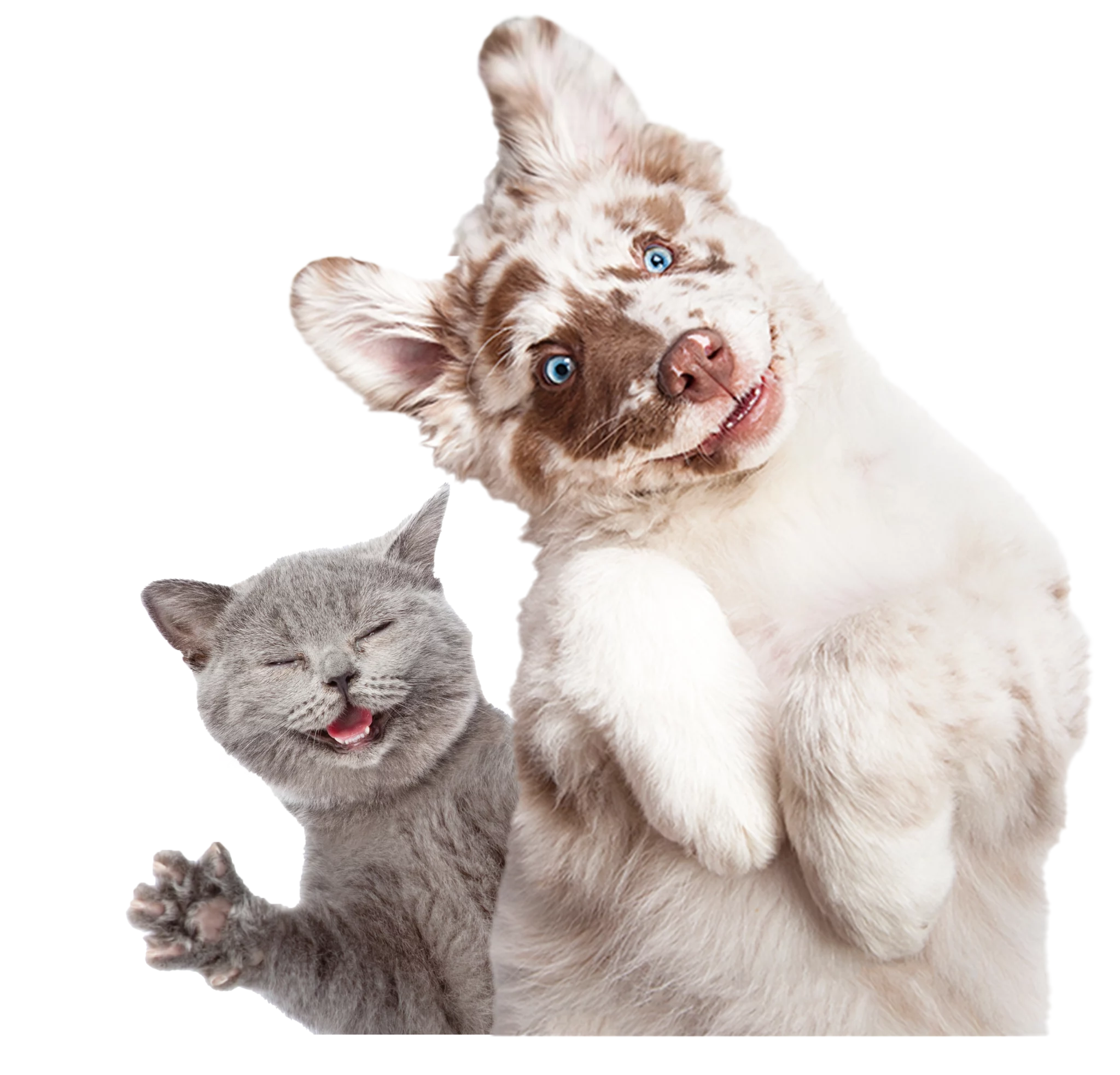Our Bichon puppies were born 20th March, we have three male and four female puppies ready to find their forever home on 16th May 2024.
Our puppies have received their vet health check, been microchipped, received their 1st vaccination (C3) and have been wormed fortnightly.
Mum and dad are well loved family members and are regularly vet checked to ensure they are healthy for breeding and will produce low health risk puppies.
RPBA 15929
Emma
REDUCED PRICE DRASTICALLY FOR QUICK SALE
Champagne and white Bichon Frise x Shih Tzu. Beautiful nature, fine with being left at home alone, no separation anxiety. She is calm when I come home she does not bark or jump up. She is great at bedtime sleeps through the night does not disturb me. She is used to being around others, she has a very cuddly personality and often falls asleep on my lap, she loves her toys and chases her tail.
I will provide you with all her legal documents and current food, a bed, toys, leash and collar, purple shampoo and conditioner, leave in conditioner, spray detangler/ cologne , detangling brush, pet wipes, puppy pads, ear and eye wipes, treats, chews, pet tidy bags.
Much loved reluctantly Selling due to change of circumstances and ill Health, I am now unable to care for her and give her the best quality of care she requires.
Located in Alderley, please message me if you are interested in her.
Paid $2600 for her on 06/02/2024
She has had all her Vaccinations, all recorded by vet.
DOB: 15/10/23 20 week old female puppy
Expected adult size small
She is entire female
Vet checked 09/02/2024
Breeder registration number : BEN0014751089023
Mircochip number : 900263000190467
Rosemary Graham
Bobbi is a proven, 100% DNA clear for all hereditary diseases via Orivet testing. He’s is 100% purebred. Bobbi has a calm, gentle, loving personality who loves to meet and play with other dogs.
Price includes 2-3 ties.
Julie Bezemer
Bichon Frise are most amazing puppies to have, they are happy fun and cuddly. They come with puppy pack, they have been vet check, wormed everything 2weeks plus up to date with injections and microchip. RPBA 14846
Beverly Haire
Purebred bichon frise puppies. Ready for new homes 10 th December. Will be vaccinated. Vet checked. Microchipped. Two boys two girls.
Denise Bayliss
Maltese X Bichon puppies 4x boys - currently 4 weeks will be ready 21st December - BIN0001887342113 💙💙💙💙
Danielle smith
We have 2 litters of Bichon Frise puppies from Champion bloodlines, both female and male puppies. At 8 weeks of age, first litter is ready to go now, second litter in 2 weeks time. They are wormed regularly, vaccinated and microchipped. They excelled their vet and dental checks.
These puppies have been raised in the hub of our home and have already begun training. They are such happy little dogs who only want you to be happy too.
These adorable little dogs will make the best life companions. Being hypo-allergenic, they do not shed hair, so are also great pets for allergy sufferers.
You can view these puppies anytime by arrangement near Lake Moogerah an hour south of Ipswich. Please PHONE to make arrangements.
Lesley Panzram
Purebred Bichon Puppies for Sale - Ready for Loving Homes on November 4th.
Hello,
We are excited to announce that our litter of Purebred Bichon puppies will be ready to find their Forever homes on November 4th, when they reach eight weeks of age. We have put a lot of love and care into raising these adorable pups, and we are looking for responsible and loving families to provide them with the best homes.
Puppy Details:
Age: Our puppies will be eight weeks old on November the 4th.
Availability: We currently have two adorable boys puppies available.
Pedigree: Both the mother and father are Purebred bichons, and we can provide pedigree papers for both to prove their lineage. There has also been DNA genetic testing done to prove that both mother and father are Purebred.
Healthcare: By eight weeks old, the puppies will have received their first vaccination, been wormed, and have undergone a thorough vet check. Their health is our top priority.
Photos: You can view the adorable puppies and their proud mother in the photos provided above.
About the Breed: The Bichon Frise is a small, charming, and affectionate breed known for its fluffy white coat and playful personality. They are known for their friendly and affectionate nature, and are often described as being "people dogs" and enjoy being part of the family. They thrive in loving homes where they receive proper grooming, exercise, and socialisation. Their fluffy coats require attention, but their charming personalities make them a beloved addition to many families.
What's Included: Each puppy will go to their new home with a starter kit which will ensure that your new puppy feels at home in the new surroundings.
Adoption Requirements:
We are committed to finding the best homes for our puppies, so we will carefully screen potential adopters. We are looking for responsible loving families that will take their new puppy in with great care and treat the puppies in a kind manner.
Price: The price of each puppy will be $2700. We are negotiable so enter an offer above and we as a team will discuss it through.
Contact Information:
Email: cairns.bichons@gmail.com
Phone: 0424 420 081 - Bec
Phone: 0405 705 032 - Esther
Thank you for considering one of our Bichon puppies as your new family member. We look forward to meeting potential adopters who will provide these adorable pups with the love and care they deserve.
Much love,
Cairns Bichons
Bec Biddle
Beautiful playful and cute. 16 week old Bishon Frise puppy available for rehoming ASAP
Sofie Tavlas
I have 3 females purebred bichon Frise available, they are only 4 weeks old at the moment will be available after 10 October 2023 , they will have their first needle, vet check and micro chip done before leaving to their new home. Puppy will come with puppy pack and some food for their transitioning ( they are on science hill puppy food at the moment)
They have been raised indoors and bichon is hypoallergenic, Puppies will be brought up in an environment used to all household noises, kids and other animals and will already start their toilet training with us.
We would be more than happy to accommodate visits and cuddles and understand that it is important for new owner to bond with their new fur baby
Uke Husband
Our Kennels have a new litter of Poochon ( Bichon Frise X Toy Poodle) puppies available
A Poochon is a cross between a Poodle and a Bichon Frise. In most cases it is a Toy sized Poodle crossed with a Bichon Frise however it can also include Toy Poodle crossed with a Poochon.
Poochons are also know as Bichipoo, Poodle cross Bichon, Bichoodle, Bichon cross Poodle
Our Poochons are a small sized dog. Very similar in size to a purebred Bichon Frise, they are non shedding with a relatively calm and friendly temperament.
Our Comprehensive DNA Disease Testing includes testing for over 30 different genetic diseases that affect dogs. For our puppies to be given an assurance that they will not be affected by any of these diseases, the father of the litter must return a clear result for all of the diseases listed above. This is the best assurance that their puppies will not be affected.
We currently have 3 other females and 1 male Toy size Poochon puppies available and ready for their new homes now.
All our puppies leave Vaccinated, Wormed, Vet Checked, Microchipped, Health Guaranteed and we also send all new owners an Information Booklet to help them get ready for the arrival of their puppy. I hope all that information helps but if you have any other questions please don't hesitate to ask.
Many of our puppies go to their new homes interstate and all handle the flight really well. We can arrange everything to make sure all goes to plan. All flights include a FREE Airline Approved Crate which are great to help with not only transportation including visits to your vet, puppy school etc. but also to help with crate training and toilet training. Please contact us for a quote if you require delivery.
Domestic Animal Business Permit No: 121/2020/13876
Source Number: BR109724
Microchip numbers:
956000016261933
956000016311956
956000016307660
956000016310862
956000016312018
Robin
We have 3 extremely handsome boys, they are 9 weeks old and have been microchipped and had all up to date vet checks. They also have been well socialised with all ages and are very loveable. My husband and I own both parents and are our family pets and very cherished. Dad and Mum pics at the bottom.
Beverly Haire
We have 3 handsome well socialised males they have been microchipped and have had all up to date vet requirements, and have just turned 9weeks.
I have placed Dad and Mum last 2 pics.
Bin0013370278576
Beverly Haire
Would love a gorgeous Bichon Frise addition to my family. Happy to pay for interstate travel. Please let me know if you have a pup available.
Steph
Bichon Frise Puppies-4 puppies (4 female Purebred Bichon Frise puppies ) are available now.
As our dogs are an important part of our family, the puppies been raised in our home in a child friendly environment and are incredibly friendly with lots of love to give.
The puppies have a non-shedding fluffy white coat and are the perfect pet for anyone with allergies. Being very intelligent dogs, they are the perfect companion for in and outside the home .They are available to go to their forever home now.
Please contact me via message or phone if you have any questions or to arrange viewing the puppies.
Contact number: 0410051989 Rose
Rose Ye
Bichon frise x toy poodle puppies for their forever homes. Born on Easter Saturday 16/04/2022. Absolutely lovely natured parents and very active. Great around children. If you are looking for a dog the doesn't shed these beautiful babies would be perfect as they are 100% non shedding.
RPBA 1906.
BIN 000 3893959212
All puppies have been vet checked, vaccinated, microchipped and wormed. All microchip numbers are in the photo of the puppies. 3 male pups and 3 female pups.
I am finding forever homes for these puppies on behalf of my father inlaw.
Carly
Two gorgeous lil fluff balls available for their new home. The ultimate small companion dog with a cross of two non shedding companion breed types. They will be having there vet check etc 9/07 and available to take home after then. Based on TOOWOOMBA QUEENSLAND
Natalie Sykes
TWO GORGEOUS CUDDLY BOYS READY TO BECOME A CHERISHED MEMBER OF YOUR FAMILY ON JUNE 27
Mum is Bichon Frise with a hint of Shitzu
Dad Is Toy Poodle
Welcome to meet both parents
Raised with children and other dogs
Microchipped & vaccinated
One pup each litter goes to a special needs child
Pick up Moruya NSW
Responsible Pet Breeders Australia license number 5183
Kathryn Beattie
